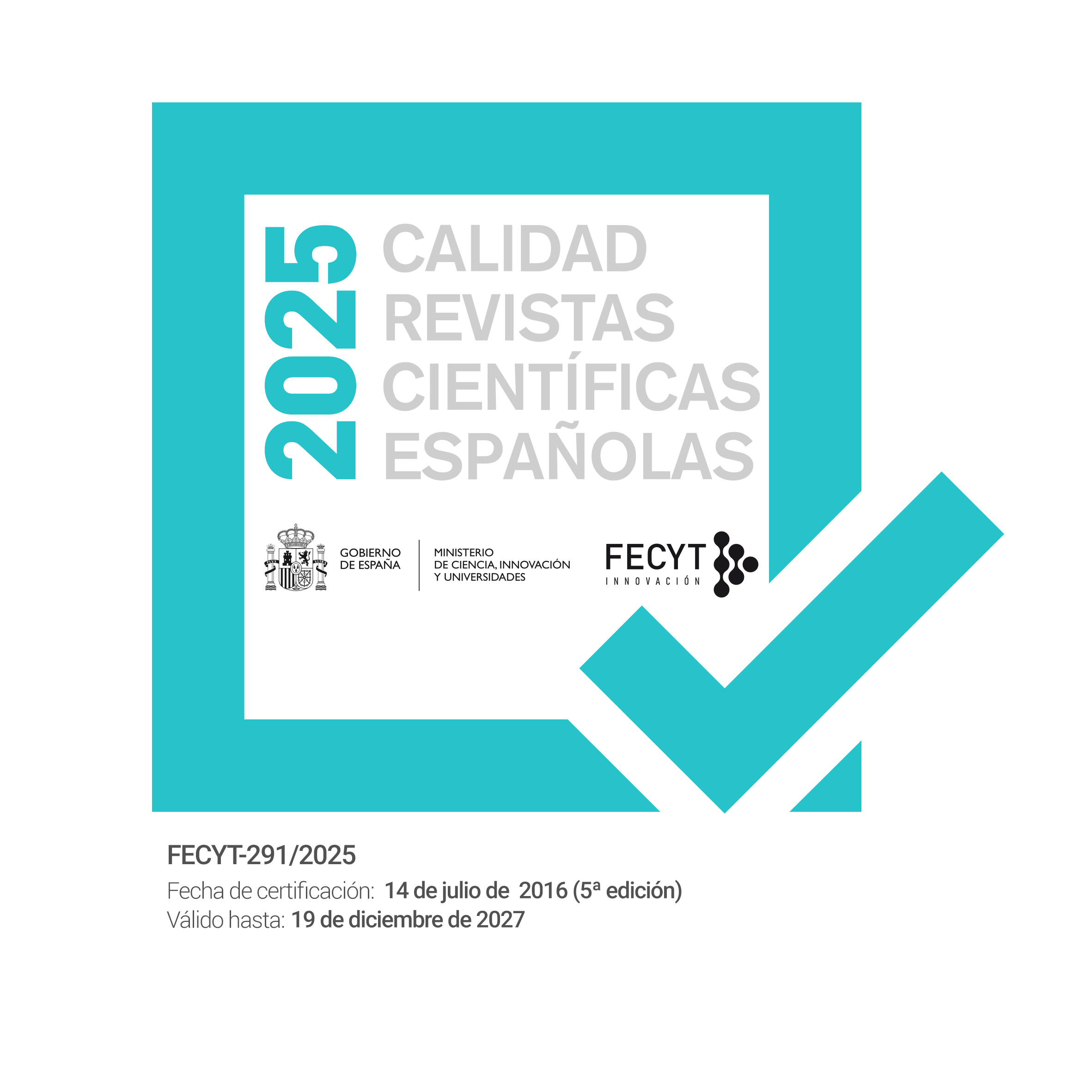Los docentes de postgrado ante las nuevas tecnologías
Keywords:
Actitudes, Profesorado, TIC, Postgrado, Educación SuperiorAbstract
El contexto socio-cultural que se está configurando en el siglo XXI supone una serie de cambios en los objetivos y contenidos de la formación, que afectan tanto a los centros educativos como a las universidades. Alguno de ellos está relacionado con la aparición y el auge de las Tecnologías de la Información y la Comunicación (TIC), que han contribuido a aumentar y facilitar el acceso e intercambio de la información, modificar el modo de aproximarse y construir el conocimiento, y experimentar procesos de enseñanza-aprendizaje novedosos como los derivados de la integración y uso de entornos virtuales de formación. Este artículo tiene como referencia una investigación (Añel, 2005) que analiza este proceso de cambio en la Universidad de Vigo, más concretamente se centra en las actitudes que posee hacia la formación on-line el profesorado de postgrado, incluyendo en éste los programas de doctorado, masteres y cursos de especialización ofertados por dicha universidad. La finalidad de la misma era analizar hasta qué punto el profesorado de posgrado estaba dispuesto a participar en experiencias de educación virtual conociendo sus actitudes hacia la integración de Internet en la docencia y sus creencias sobre determinadas variables que intervienen en el proceso de enseñanza-aprendizaje cuando se utiliza esta modalidad de formación.Downloads
Downloads
Issue
Section
License
Authors who publish in this journal accept the following conditions:
1. The Author retains copyright in the article. Upon acceptance of the article, the author shall grant to the Publisher the right of first publication of the article. with the dcoument registered with the Creative Commons Attribution-NonCommercial-NoDerivative 4.0 International (CC BY-NC-ND) license, which allows to third parties to use what is published whenever they mention the authorship of the work and the first publication in this journal.
2. Authors can make other independent and additional contractual agreements for the non-exclusive distribution of the article published in this journal (eg, include it in an institutional repository or publish it in a book) provided they clearly indicate that the work was published for the first time in this journal.
3. Authors are allowed and recommended to publish their work on the Internet (for example on institutional or personal pages) before and during the review and publication process, as it can lead to productive exchanges and a greater and faster diffusion of published work (see The Effect of Open Access).








